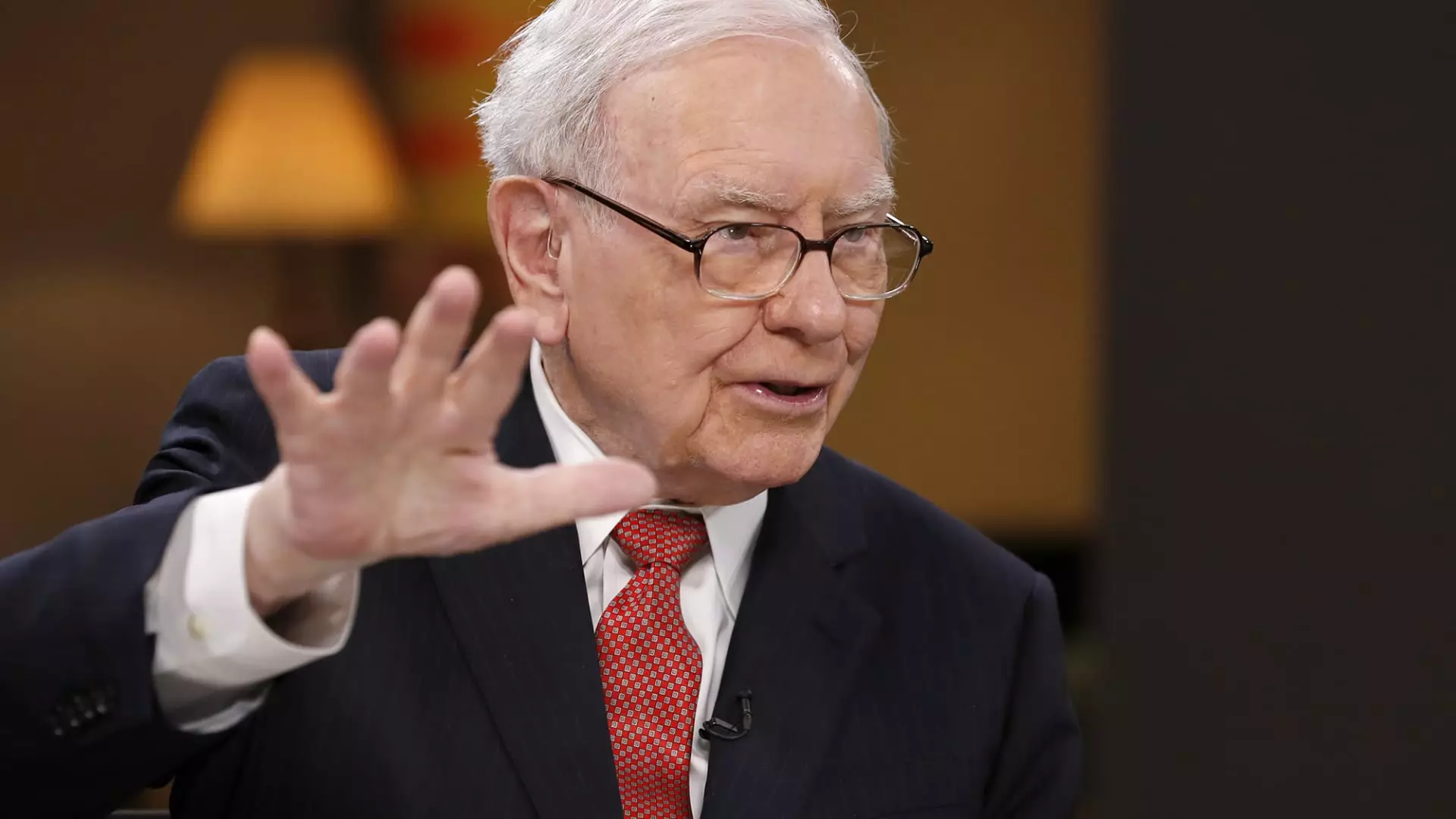Warren Buffett stands as a prime example of financial acumen, having amassed a personal wealth of approximately $150 billion. However, his recent actions and statements reveal a deeper philosophical stance against the concept of “dynastic” wealth, which refers to the accumulation of wealth that spans multiple generations. Instead of attempting to pass on his vast fortune to his children, Buffett has embarked on a different path—one that focuses on philanthropy and the responsible allocation of his resources. His approach raises important questions about wealth, responsibility, and the impact of familial inheritance.
Buffett’s decision to appoint independent trustees to manage his philanthropic efforts, rather than leaving his wealth directly to his children, illustrates his belief that inherited wealth can do more harm than good. He argues that such dynasties may lead to complacency and lack of personal growth, potentially complicating relationships within the family. This perspective reflects a broader concern about how wealth influences character and ambition.
Buffett’s wealth is not just significant in size; it represents decades of strategic investment and financial wisdom cultivated through his leadership at Berkshire Hathaway, which he has steered since 1965. His commitment to giving away 99% of his wealth underscores his belief that resources should be directed toward societal benefit rather than being hoarded. This dramatic pledge serves as a call to action for the affluent to consider the long-term implications of their wealth on both their families and society.
The Implications of Wealth Distribution
In a revealing letter, Buffett expressed his hesitations about leaving an extraordinary inheritance to his descendants. He noted the unpredictability of future generations, questioning their “priorities, intelligence, and fidelity” when faced with the distribution of significant wealth. This skepticism highlights a fundamental challenge faced by individuals with vast resources: the risk of fostering entitlement rather than motivation among heirs.
Buffett’s acknowledgment that his children—as of now—are equipped to manage and disburse his wealth, yet are ultimately temporary stewards of those assets, speaks volumes. With his children aged 71, 69, and 66, the question arises: what will the future hold? Buffett’s appointment of three younger trustees as potential successors is indicative of his desire for a more thoughtful, diversified approach to philanthropy that transcends familial ties.
While Buffett’s children have shown promise in their understanding of philanthropy, their ability to manage significant resources may ultimately be tested against the evolving landscape of charitable giving. Buffett reflects on the lessons learned during his years of observation, noting that his children have demonstrated a strong grasp of large-scale philanthropy and human behavior. Nonetheless, his emphasis on their lack of preoccupation with wealth serves as a reminder that financial comfort should not overshadow personal values.
Paving the Way for Future Philanthropy
The actions taken by Buffett not only speak to his personal values but also set a precedent for other wealthy individuals. With Berkshire Hathaway surpassing a staggering $1 trillion market cap, the organization itself serves as a model for both corporate responsibility and charitable giving. Buffett’s vast portfolio—spanning industries from insurance to consumer goods—demonstrates the power of strategic investment focused not just on profit, but on societal impact.
Philanthropy, as Buffett envisions it, extends beyond mere donations; it is about fostering a culture of giving that prioritizes the collective good. By setting up a structure that involves trustees who are not direct heirs, he ensures a degree of impartiality and permits a collaborative rather than a possessive approach to wealth management. This reassignment of power away from familial lineage echoes a growing movement among the ultra-wealthy to rethink legacy and impact.
Warren Buffett embodies a revolutionary model of wealth distribution that challenges traditional notions of inheritance. By prioritizing philanthropy and appointing trustees who can oversee disbursements beyond his family, he fosters a legacy defined by social responsibility. His insights underline the imperative for the rich to reevaluate the implications of their wealth and to act as custodians of their resources, ensuring they benefit society rather than inadvertently stymie personal growth. As he continues to give away the majority of his fortune, Buffett not only shapes his own legacy but invites others to join in redefining the narrative surrounding wealthy inheritance for generations to come.

